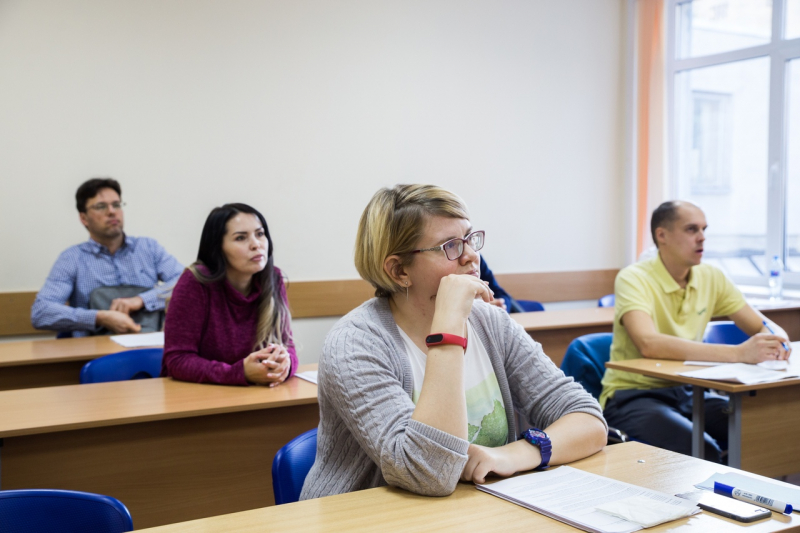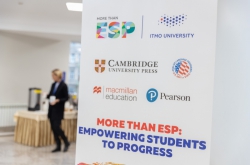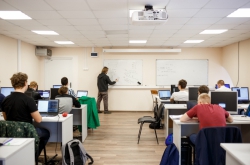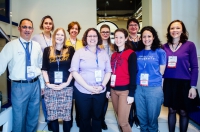The English Medium Instruction Teacher Training course is an intensive program for professionals who want to develop their knowledge and skills in the field of teaching in English, as well as intercultural communication and modern educational approaches.
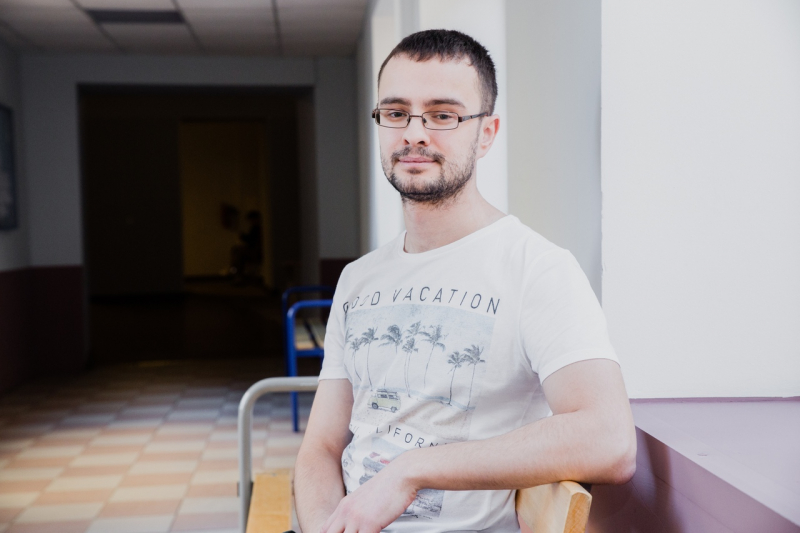
“I only recently started teaching, but in these 3.5 months I’ve learned more than in the last two years; I’ve learned a lot about how to motivate students and what approaches there are to keep them interested. Leaving language-related aspects aside, this teaching approach can easily be adapted to teaching in Russian, which makes the course even more useful. I hadn’t worked with international students before, but I think that I will be given such an opportunity in the future. The thing is that there are not so many lecturers at our university who can work in English, but I think that if such specialists become available, the university will definitely launch special EMI programs, so I see that this course not only benefits me but the university a whole,” shares Dmitry Proskuriakov, a senior lecturer at the Department of Automated Systems at Irkutsk National Research Technical University.
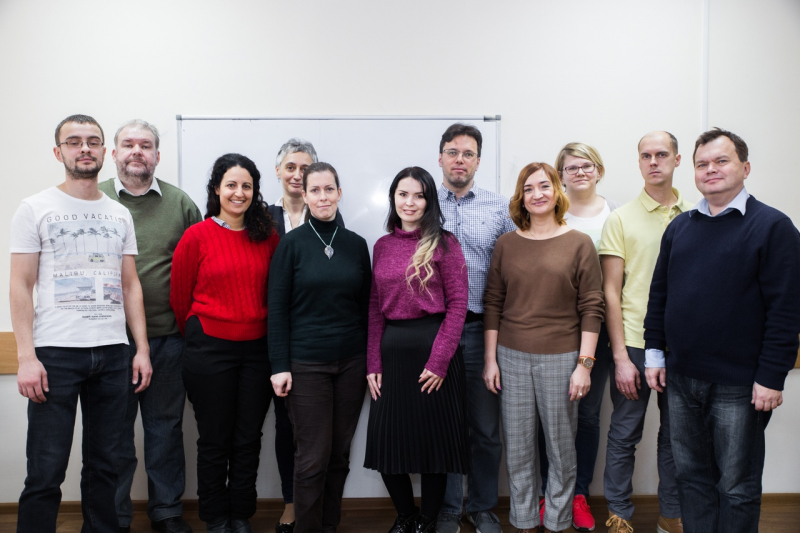
This is the second year that lecturers from other universities are being invited to participate in the EMI teacher training course. Before 2018, the course was available only to ITMO University teaching staff.
“We received an inquiry from the head of the Mathematics Department from a university in Saratov to participate in our course, so we decided it was time to adapt our course for lecturers outside ITMO University. We developed the course so that participants could study online for three months and then come to ITMO for a week to develop more practical skills. The main aim of this course is to help lecturers to change their approach to teaching, as teaching a multilingual class in English when students are learning in their second language requires fundamentally different skills to teaching Russian-speaking students in their native tongue. Quite often, lecturers just translate their slides in Google translate, without changing their approach to teaching at all, despite the fact that there’s a huge difference between teaching non-native speakers of a language, and native speakers. So the main purpose of this course is to show how you can adapt your teaching approach to a non-native English speaking audience,” explained Maryam Reyhani, a lecturer at the Foreign Language Training Center and organizer of the course.
For a period of three months, the course participants watched videos, read texts, and completed practical tasks focused on their subject: they developed lessons, planned the way they would teach their classes, recorded a fragment of their lecture in English, and created a course syllabus in English. In response they receive constructive and useful feedback from specialists of ITMO’s Foreign Language Training Center. During the face-to-face week, the instructors had to demonstrate all the materials that they had developed during the online course. They showed presentations, activities and tasks that they would do during their lectures, and on the last day they conducted a demo lesson.
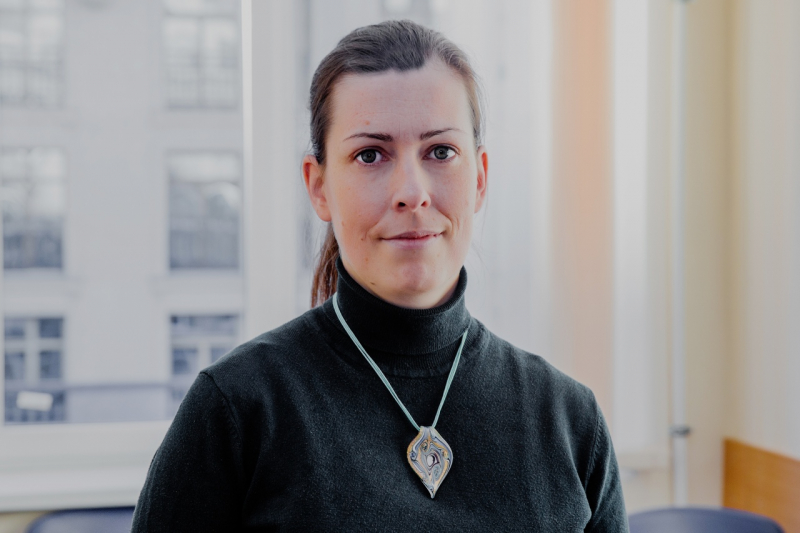
“People from all across Russia come to participate in this course; they are all very different and teach different subjects: from English to chemistry, physics, ecology, management and so on, and each of them needs an individual approach and advice on how to help their students better understand their subjects in English. We conducted some research regarding how the educational process is organized in most Russian universities and found out that a standard lecture lasts for 1.5 hours. The thing is that students who are taught in their mother tongue have certain mechanisms that allow them to listen and write things down in the course of such a lecture, while students who have their classes taught in a foreign language can find it much more challenging. This is where our recommendations about how to make the educational process more fun and enjoyable come in handy,” says Aleksandra Shparberg, a lecturer of the course and head of ITMO Foreign Language Training Center’s course development team.
This year, a large contingent of the group were from Far Eastern Federal University in Vladivostok, which held an international competition for financial support for the best teachers.
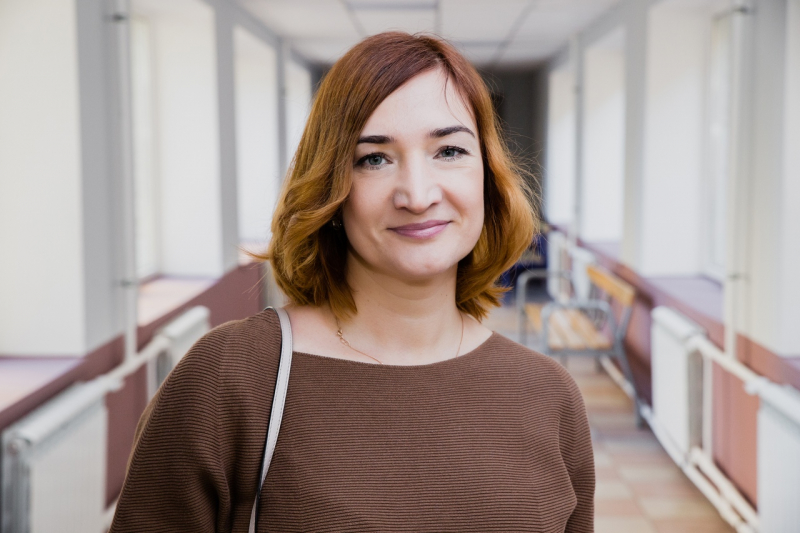
“I don’t teach any courses in English at the moment, but I hope that I will in the future because the implementation of international educational programs is one of the biggest priorities for our university right now. As for the opportunities this course gave me, it really helped me improve my language skills and boost my confidence when speaking English, as well as presented me with a lot of information regarding active learning methods. I believe that these are the future of education and I’ve been practicing this approach for some 15 years, but it was at ITMO University that I managed to get a methodological foundation, and this is important because there aren’t many such educational materials in Russian,” shares Natalia Meiss, a lecturer of Economics and Management in the Oil and Gas Sector at Far Eastern Federal University.
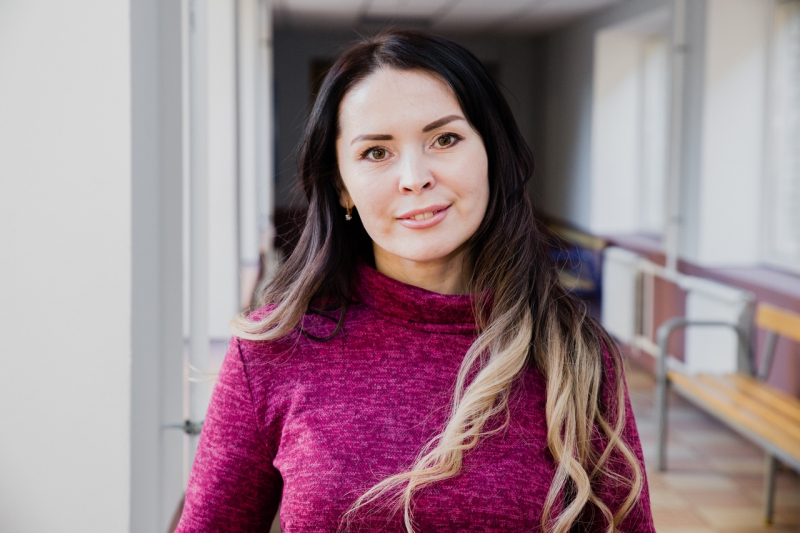
“A total of six lecturers from my university managed to come to ITMO to take part in this EMI course. I see this as a great opportunity to boost my professional skills. There are lots of students at our university from Korea, Cambodia and China and many lecturers face certain difficulties when it comes to teaching in English. I think that with the help of such a high-quality course we have good chances to improve our approach to education and change the situation for the better,” notes Victoria Zhenchenko, an English language teacher at Far Eastern Federal University.
